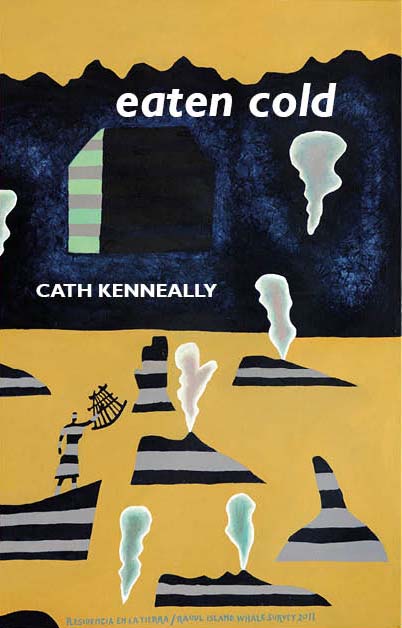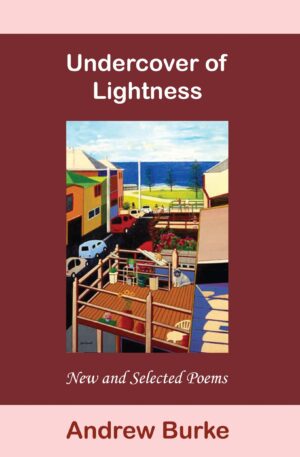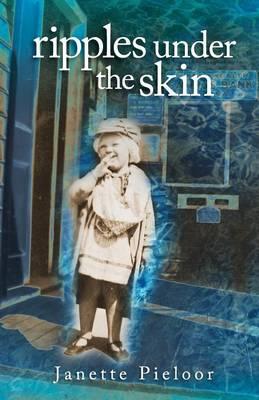Description
Cassandra Atherton, Cordite
In The Sacred Wood: Essays on Poetry and Criticism, T. S. Eliot famously wrote, ‘Immature poets imitate; mature poets steal; bad poets deface what they take, and good poets make it into something better, or at least something different.’ Cath Kenneally’s eaten cold offers a chain of indelible response-poems to New Zealand poet Janet Charman’s book, cold snack. In Kenneally’s collection, ‘Meanings perpetually eingeschachtelt into meanings’, creating new and original poetry that riffs off Charman’s book without ‘imitating’ or ‘defacing’ it.
From the outset, Kenneally forges the important link between her poems and Charman’s, informing the reader: ‘each poem in this collection is a match for a corresponding poem in Charman’s … I intend these response-poems as a homage to Charman’s work.’ Honoring a poet in this way challenges response-poems in the tradition of Raleigh’s response to Marlowe’s ‘The Passionate Shepherd to His Love’, written to debunk the original. Or, in the case of Ted Hughes’ Birthday Letters, written in an attempt to overwrite the original with an alternative version of the same event. Interestingly, Kenneally points out that Charman, ‘approves of my poems, pronouncing them ‘foreign’ that is, quite distinct from the products of her own unique sensibility.’




